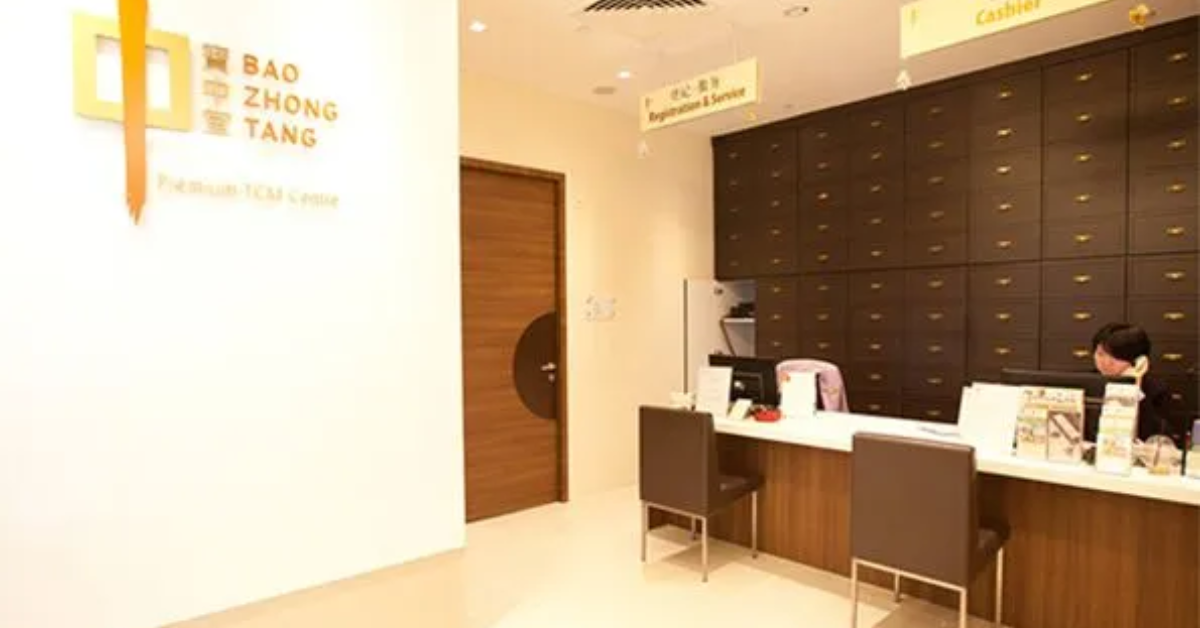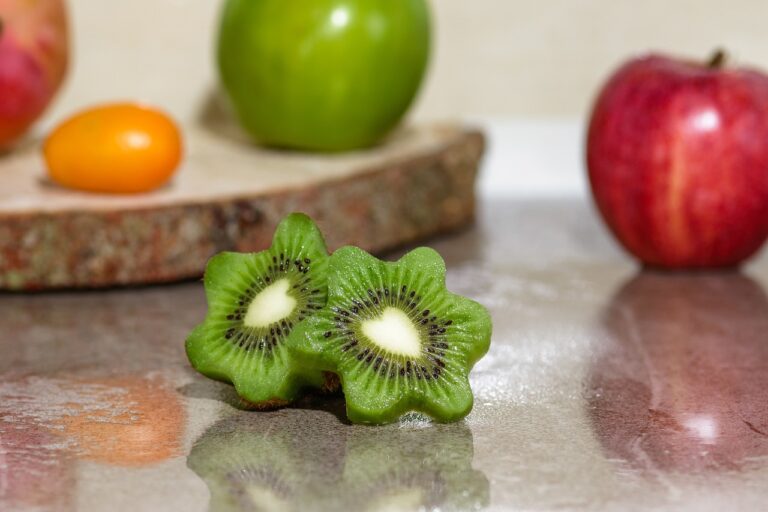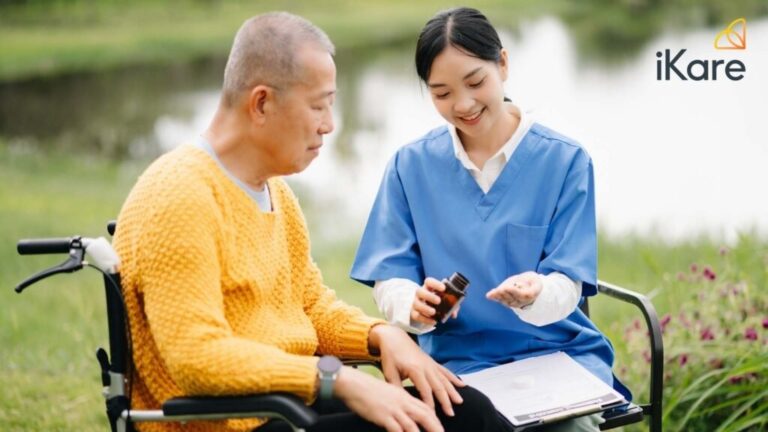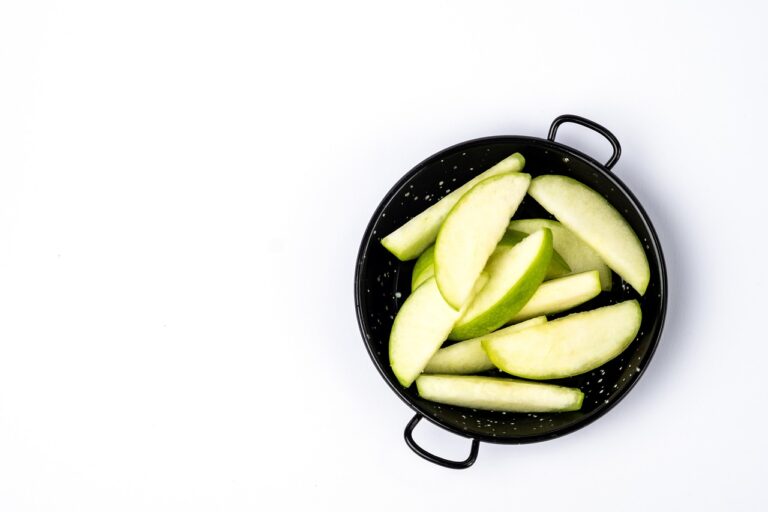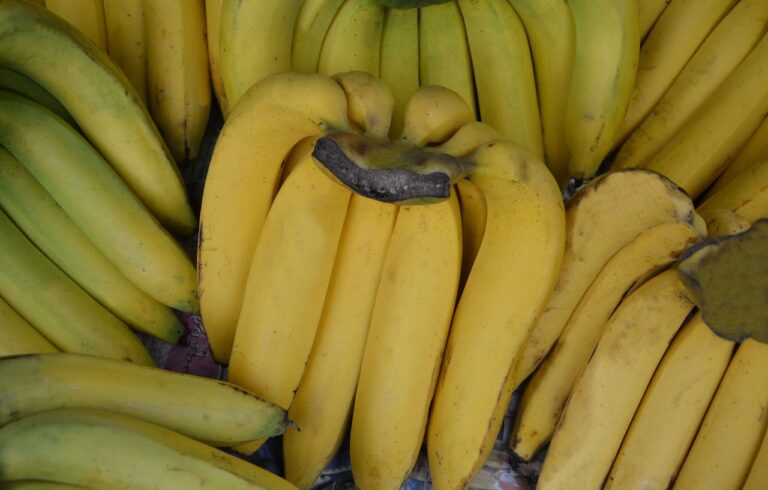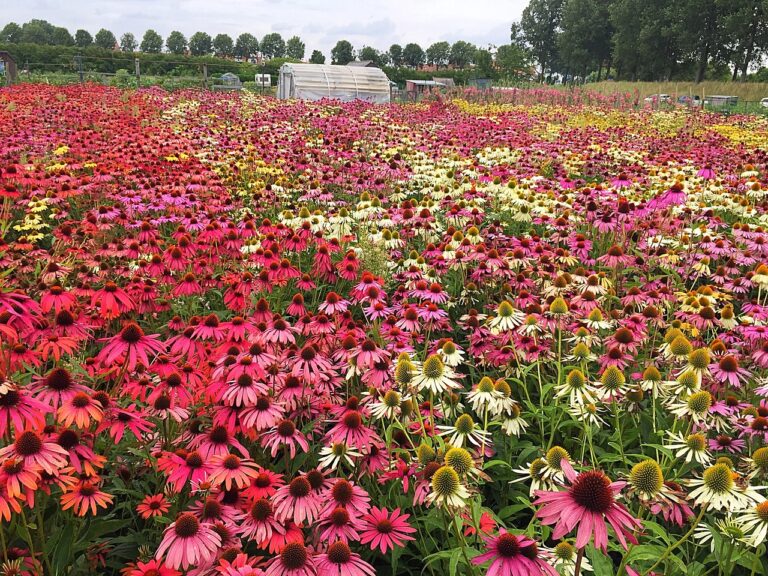Traditional Chinese Medicine (TCM) Clinics in Singapore: A Comprehensive Guide
Traditional Chinese Medicine (TCM) is a centuries-old system of healing that has been used for thousands of years in China and other East Asian countries. It has gained popularity worldwide due to its holistic approach to health, which focuses on balancing the body’s vital energies (Qi), maintaining harmony between the body and its environment, and preventing illness. In Singapore, TCM has become an essential part of the healthcare landscape, offering a natural and complementary treatment to Western medicine. This article will explore the various aspects of TCM Clinic Singapore, including their treatments, benefits, and frequently asked questions (FAQs).
The Essence of Traditional Chinese Medicine
TCM encompasses a range of therapies, including herbal medicine, acupuncture, cupping therapy, Tui Na (Chinese therapeutic massage), and dietary therapy. These treatments are based on the belief that the body’s energy, or Qi, flows through pathways known as meridians. When Qi is balanced and flows smoothly, the body is in a state of health. However, when this flow is blocked or unbalanced, illness and disease can occur.
In Singapore, TCM is widely recognized as an alternative and complementary form of treatment, often used alongside conventional Western medical practices. TCM practitioners assess the body’s condition through methods such as tongue diagnosis, pulse taking, and detailed consultation to identify imbalances in Qi, blood, and bodily fluids. From there, they tailor treatment plans that may involve acupuncture, herbal medicine, and lifestyle changes.
Popular TCM Treatments in Singapore
-
Acupuncture
Acupuncture is one of the most well-known treatments in TCM. It involves the insertion of very fine needles into specific points on the body to stimulate the flow of Qi and restore balance. This treatment is used to address a wide range of health conditions, including pain management, stress, digestive issues, and chronic conditions such as arthritis and migraines.
-
Herbal Medicine
Herbal medicine is another cornerstone of TCM. It involves the use of natural plant-based ingredients to create remedies that aim to restore balance to the body. TCM practitioners prescribe customized herbal formulas based on individual needs. These formulas may be taken in the form of teas, powders, capsules, or tinctures and are tailored to address specific health concerns.
-
Cupping Therapy
Cupping therapy involves placing glass, bamboo, or silicone cups on the skin to create a vacuum effect. This treatment is thought to improve circulation, relieve muscle tension, and enhance the body’s ability to detoxify. It is commonly used to treat conditions like back pain, respiratory issues, and muscle stiffness.
-
Tui Na (Chinese Therapeutic Massage)
Tui Na is a form of therapeutic massage that focuses on manipulating the body’s soft tissues, joints, and meridians to promote healing and restore balance. It is used to treat musculoskeletal conditions, improve circulation, and boost the immune system.
-
Dietary Therapy
TCM places a strong emphasis on the role of diet in maintaining health. TCM practitioners believe that food can influence the body’s Qi and its overall balance. They may recommend specific dietary changes or foods to address imbalances, improve digestion, and promote better health. For example, patients with cold or damp conditions may be advised to consume warming foods such as ginger, garlic, and cinnamon.
-
Qigong and Tai Chi
While not always offered in clinics, Qigong and Tai Chi are practices commonly associated with TCM that focus on controlled movements, breathing, and meditation to cultivate and balance Qi. These practices are often recommended as part of a broader wellness program to improve mental clarity, flexibility, and overall vitality.
The Benefits of TCM
TCM offers numerous benefits, both physical and emotional, to those seeking alternative or complementary treatments to Western medicine. Some of the primary advantages include:
-
Holistic Approach to Health TCM addresses the root cause of illness rather than merely treating symptoms. By focusing on the body’s overall balance, TCM aims to restore harmony to the mind, body, and spirit.
-
Personalized Treatment Plans Each TCM treatment is personalized based on the individual’s specific health concerns, lifestyle, and constitution. Practitioners assess each patient’s unique condition through detailed consultations and diagnostic techniques, ensuring that treatment plans are tailored to their needs.
-
Natural Remedies TCM uses natural remedies such as herbs, acupuncture, and massage techniques, making it an attractive alternative to those who prefer non-invasive and drug-free treatments. These remedies are often seen as gentler on the body and come with fewer side effects compared to pharmaceutical medications.
-
Stress Relief Many TCM treatments, such as acupuncture, cupping, and herbal medicine, are known to help reduce stress and promote relaxation. These therapies can help balance the body’s energy, ease tension, and improve sleep quality.
-
Chronic Pain Management Acupuncture and Tui Na are especially effective in managing chronic pain conditions, such as back pain, joint pain, arthritis, and migraines. These therapies can help reduce inflammation, increase blood circulation, and improve overall mobility.
-
Preventive Healthcare TCM focuses not only on treating existing ailments but also on preventing disease by promoting overall well-being. By addressing imbalances in the body’s energy and systems, TCM aims to maintain health and prevent future health problems.
Choosing a TCM Clinic in Singapore
When selecting a TCM clinic in Singapore, it is essential to consider factors such as the qualifications of the practitioners, the range of treatments offered, and the reputation of the clinic. Many TCM clinics in Singapore employ licensed practitioners who are trained in Chinese medicine and are registered with the Traditional Chinese Medicine Practitioners Board (TCMPB).
Key Considerations When Choosing a TCM Clinic
-
Qualifications of Practitioners Ensure that the TCM practitioners at the clinic are licensed and registered with the relevant authorities. They should have formal training in TCM from accredited institutions and possess the necessary qualifications and experience to provide safe and effective treatments.
-
Reputation and Reviews Look for clinics with positive reviews and testimonials from past patients. Word-of-mouth recommendations can also provide valuable insights into the clinic’s services and effectiveness.
-
Range of Services Different TCM clinics may offer different treatments, so it is essential to choose one that provides the services you need. Whether you are looking for acupuncture, herbal medicine, cupping therapy, or massage, ensure the clinic has expertise in the specific treatments you seek.
-
Cleanliness and Environment The clinic’s environment should be clean, comfortable, and welcoming. A calm and peaceful atmosphere can enhance the overall healing experience, especially in TCM therapies that promote relaxation.
-
Accessibility and Location Choose a clinic that is easily accessible, whether by public transport or car. If you plan to visit regularly, the clinic’s location should be convenient for you.
Frequently Asked Questions (FAQs)
Q1: What can I expect during my first visit to a TCM clinic?
A: During your first visit, the TCM practitioner will typically ask about your medical history, lifestyle, diet, and any specific symptoms you are experiencing. They may also perform diagnostic techniques such as tongue diagnosis and pulse taking. Based on this information, the practitioner will recommend a personalized treatment plan.
Q2: Is acupuncture painful?
A: Acupuncture is generally not painful. Most patients report feeling a slight sensation when the needles are inserted, but it is typically not uncomfortable. The needles used in acupuncture are very thin, and the treatment is considered safe when performed by a trained professional.
Q3: How long does a TCM treatment take?
A: The length of a TCM treatment can vary depending on the type of therapy. Acupuncture sessions typically last between 30 to 60 minutes, while other treatments like Tui Na massage or cupping may take around 30 minutes to an hour.
Q4: How many sessions will I need to see results?
A: The number of sessions required depends on your condition and the severity of the issue. Some patients experience relief after just one session, while others may need several treatments over a period of weeks. Your practitioner will discuss the expected treatment timeline with you based on your specific needs.
Q5: Are TCM treatments safe?
A: When performed by licensed and qualified practitioners, TCM treatments are generally considered safe. However, as with any form of medicine, there can be risks if treatments are not administered correctly. It is essential to visit a reputable clinic with qualified professionals to ensure safety and effectiveness.
Conclusion
TCM clinics in Singapore offer a holistic and personalized approach to healthcare that can address a wide range of health issues, from chronic pain to stress management. With its rich history and emphasis on natural healing methods, TCM provides an excellent complement to conventional medical treatments. Whether you are seeking pain relief, stress reduction, or preventive care, TCM clinics in Singapore offer a wealth of knowledge and expertise to help you achieve better health and well-being.

